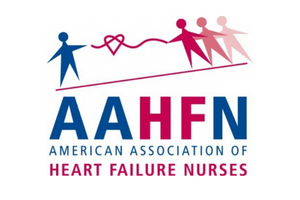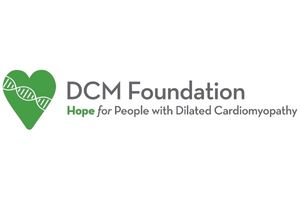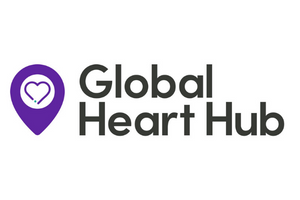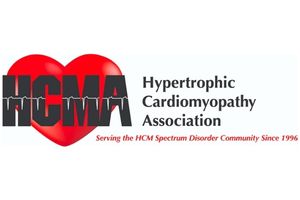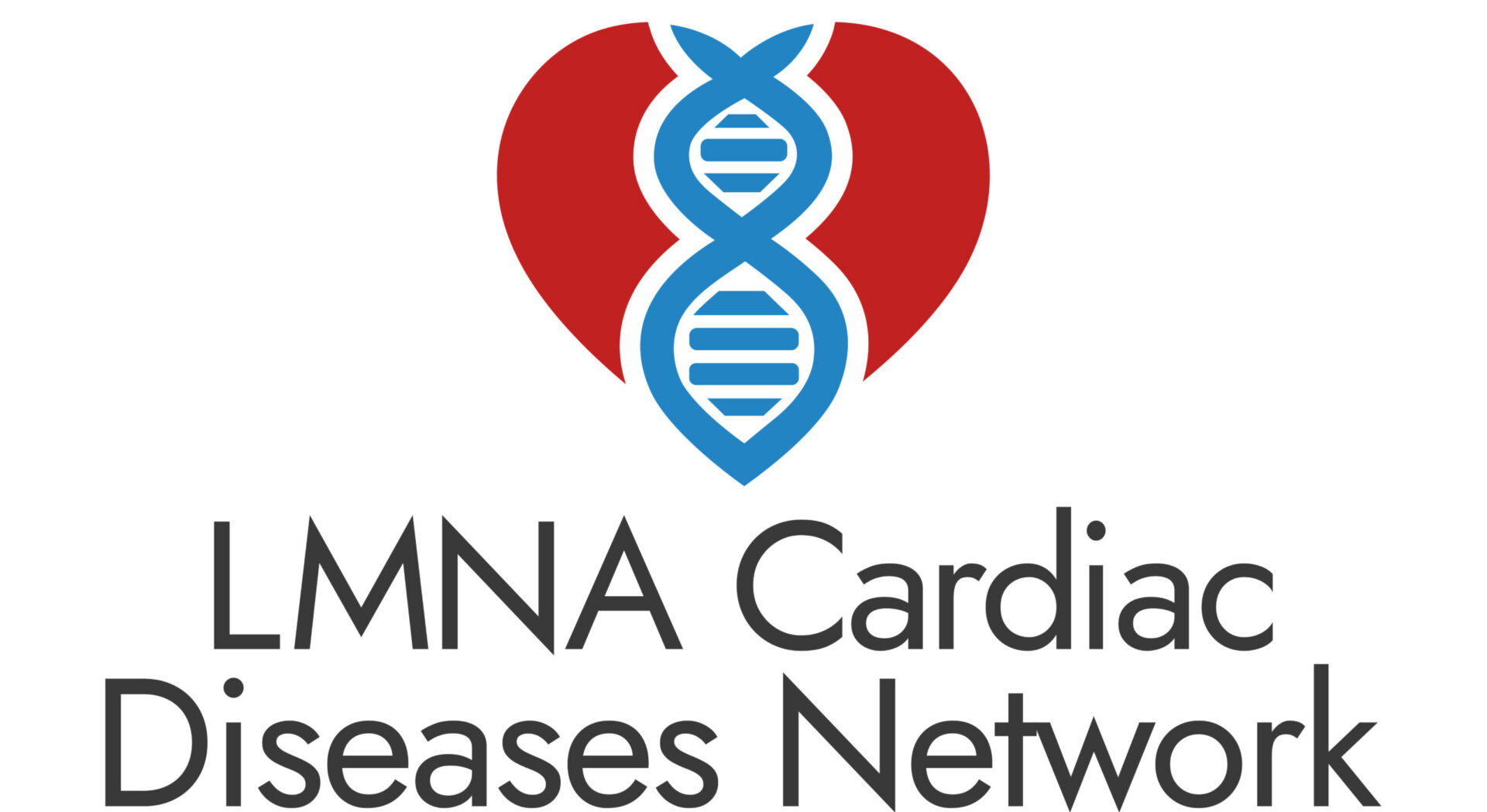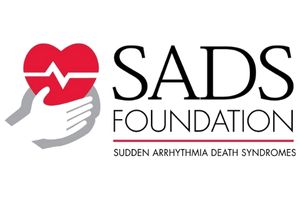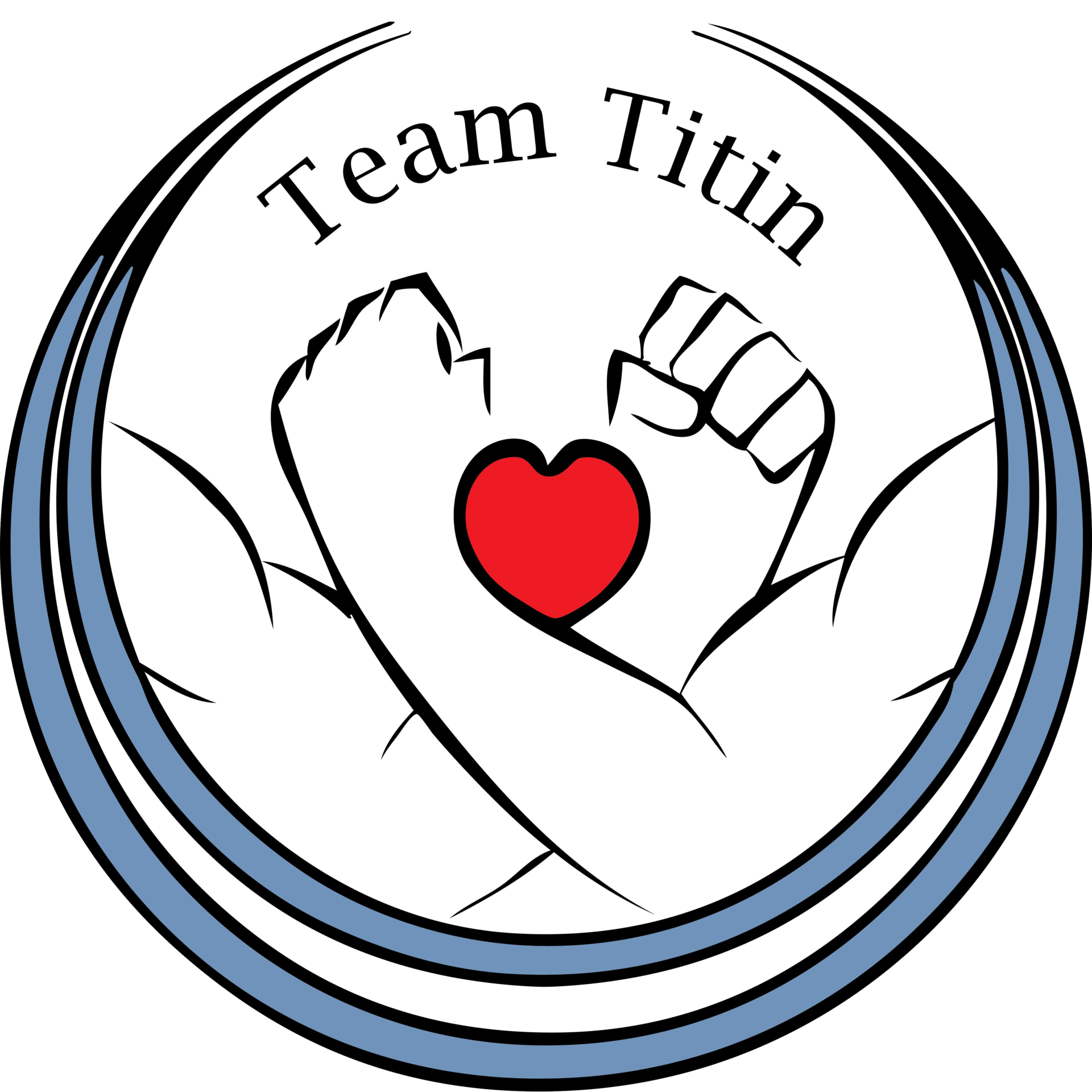What is a Clinical Trial?
Gene therapy, a rapidly evolving field, holds the potential to revolutionize how we treat genetic diseases by tackling them at their root cause. But before any drug or gene therapy is approved for use in humans, it must undergo a rigorous testing process called a clinical trial. Clinical trials assess the safety and effectiveness of a drug or gene therapy.
FDA scientists conduct thorough evaluations during clinical trials to determine whether the potential benefits of a drug or therapy outweigh the possible associated risks. This stringent
assessment process ensures that the therapy adheres to rigorous safety standards before becoming accessible to the public.
As defined by the FDA, a clinical trial is “a research study in which people volunteer to help find answers to specific health questions.” Clinical trials serve to investigate how a treatment
interacts with the human body and assess its safety and efficacy.
- Safety: Does it cause harm? Researchers track side effects to see if the treatment is safe for people to use.
- Efficacy: Does it work? Researchers measure if the treatment actually improves the condition it’s meant to treat.
These studies, conducted in phases, play a vital role in the development and assessment of new medical products, including drugs, devices, and biological products such as vaccines and gene therapies. (Source: FDA – Basics About Clinical Trials.)

Here are key points to know about clinical trials:
Purpose:
Clinical trials serve several crucial purposes.
- First, they are designed to look at the safety and effectiveness of new treatments, providing essential data for regulatory approval.
- Researchers also compare these new treatments with existing ones to determine how well the new treatment works compared to current treatment options.
- Clinical trials can also be used to explore the use of innovative treatments like gene therapy to repair the root cause of disease.
- Trials can also play an important role in collecting information about the side effects of treatments, aiding in risk assessment and management.
Structure:
Clinical trials are typically conducted in separate phases, each serving a specific purpose in the evaluation process. Below is an overview of the typical drug development process:
- Phase I trials are usually conducted in a small group of healthy volunteers* and focus on assessing the safety of the treatment. (*See below for how this differs in gene therapy trials.)
- *Phase II trials expand to include patients with the targeted condition to evaluate both effectiveness and potential side effects.
- Phase III trials expand further to include a larger group of patients to confirm the effectiveness and compare the treatment with existing standards or placebos. (A placebo is a substance or treatment that has no effect but is often used in experiments to see if people feel better just because they believe they’re receiving treatment – even if the “treatment” itself doesn’t have any real effect. A sugar pill is an example of a placebo.)
- Phase IV trials, after FDA approval, monitor the treatment’s safety and effectiveness in real-world settings through what is referred to as post-marketing surveillance studies.
*Note: In gene therapy clinical trials, phases 1 and 2 are often combined into a single-study phase to test for safety and efficacy within a smaller number of participants with the disease being studied. This is sometimes done for serious and rare diseases with a clear unmet medical need.
Participation:
Participation in clinical trials is voluntary and participants can withdraw at any time. Participants need to meet specific eligibility criteria outlined in the study protocol. (A study protocol is like a detailed recipe for conducting a research study. It outlines exactly what researchers will do, how they will do it, and why.) Prospective, eligible participants must provide informed consent, which ensures they understand the potential risks and benefits associated with their involvement. Informed consent is crucial in clinical research, allowing people to make their own choices and safeguarding their rights during the trial.
Regulation:
Clinical trials have strict rules to keep participants safe and make sure the science is reliable. In the United States, the Food and Drug Administration (FDA) oversees the conduct of clinical trials, ensuring that they adhere to regulatory standards. To start drug trials, sponsors, which are usually pharmaceutical or biotech companies, must send a detailed application called an Investigational New Drug (IND) to the FDA. This application outlines the study plan and includes supporting data from earlier studies in cells and animals. Regulatory oversight ensures that clinical trial data is trustworthy, which is critical for developing safe and effective medical treatments.
A Word About the FDA’s Accelerated Approval Program
For rare diseases like genetic cardiomyopathy, where few approved treatments exist, the FDA’s Accelerated Approval Program offers hope for faster therapy development.
This program sometimes allows potential gene therapies to be approved earlier based on promising signs such as improved lab results, even before proving the treatment helps patients feel better or live longer. This speeds up access to these therapies for patients who have serious conditions with limited available treatment options.
However, gene therapy companies must still confirm the benefits in later studies. If the therapy ultimately doesn’t work, the FDA can remove it from the market.
This FDA program balances speed with safety, offering a potential lifeline for patients with rare diseases. It also encourages companies to develop treatments for these smaller patient populations.
Summary
Clinical trials are carefully designed to evaluate the safety and effectiveness of potential treatments. Clinical trials provide patients the possibility of access to an investigational treatment and contribute to the advancement of scientific research that may also help other individuals with the disease.
Phases of Clinical Trials
Let’s delve into the process of clinical trials, specifically focusing on gene therapy. We’ll examine the various stages these treatments undergo before they become accessible to patients. It’s important to understand that gene therapies undergo extensive testing before they are made available for use.
Let’s look at what happens before and during a clinical trial.
Before a Clinical Trial
- Preclinical Studies: Before a clinical trial begins, tests are performed using the gene therapy in cells and animals, looking for positive or negative effects before it can be tested in humans. It can take several years for these studies to be completed to collect enough data to move to the next step.
- Investigational New Drug (IND) application: Before conducting human trials, researchers are required to submit an Investigational New Drug (IND) application to the FDA for review. This application provides detailed information about the drug’s preclinical data and the proposed design for the clinical trial. The FDA carefully reviews the proposal for safety to ensure that the participants will not be exposed to unreasonable risk. Once the FDA, along with institutional review boards (IRBs) or ethics committees (ECs) in Europe, agrees that risks to potential participants are minimized, a clinical trial can begin.
- Eligibility Criteria: These are specific characteristics (age, gender, medical history, etc.) that participants must meet to be enrolled in a trial. Eligibility criteria for clinical trials are typically developed by a research team, which may include physicians, scientists, statisticians, and other experts. These criteria are in place to ensure that participants are in line with the research objectives of the study, thus ensuring clearer and more reliable results. In gene therapy trials, genetic testing may be required as part of the screening process to ensure the participant has a genetic confirmation of the disease being studied.
- Informed Consent: Before individuals can participate in a clinical trial, they must go through the process of informed consent. This involves a detailed discussion with the study doctor where potential volunteers learn about what to expect before, during, and after the trial, as well as their rights throughout the trial process.
Clinical Trials Process and Timelines
The clinical trial process is divided into distinct phases, each serving a specific purpose in evaluating the safety and efficacy of a new treatment. (*Note: In gene therapy clinical trials, phases 1 and 2 are often combined into a single-study phase to test for safety and efficacy within a smaller number of participants with the disease being studied. This is sometimes done for serious and rare diseases with a clear unmet medical need.)
- *Phase 1 (months to years): Safety First! A limited number of eligible participants with the specified gene mutation or change are given the therapy to evaluate its safety and identify the most effective dosage to administer.
- *Phase 2 (months to years): Does it Work? In this phase, a larger group of participants is enrolled to receive the therapy. This phase aims to evaluate the therapy’s effectiveness and refine dosage. Safety continues to be studied and researchers evaluate whether the potential benefits of the therapy still outweigh its risks.
- Phase 3 (years to decades): Large-Scale Confirmation. A large-scale study compares the therapy to existing treatments or a placebo, further ensuring its effectiveness and safety. This is the longest phase of a clinical trial before opening it up to everyone meeting the eligibility criteria.
Regulatory Approval: The Last Step! A New Drug Application (NDA) is the data obtained from the clinical trial phases and submitted to the FDA for their thorough review. If the treatment proves successful, the FDA issues the final decision to approve it and make it available to people with the condition. This officially grants access to the treatment for those who could benefit from it.
- Phase 4: Post-Approval Monitoring. Following approval of the new investigational therapy, participants engage in a multi-year follow-up schedule. These visits allow researchers to gather valuable data on the treatment’s long-term impact on participants’ health and ensure its continued safety.
Gene Therapy: A Unique Approach
Remember, unlike traditional medications that manage symptoms, gene therapy aims to address uthe underlying genetic issue that results in the disease or condition. To learn more, please visit https://geneticcardiomyopathy.org/gene-therapy-basics/.
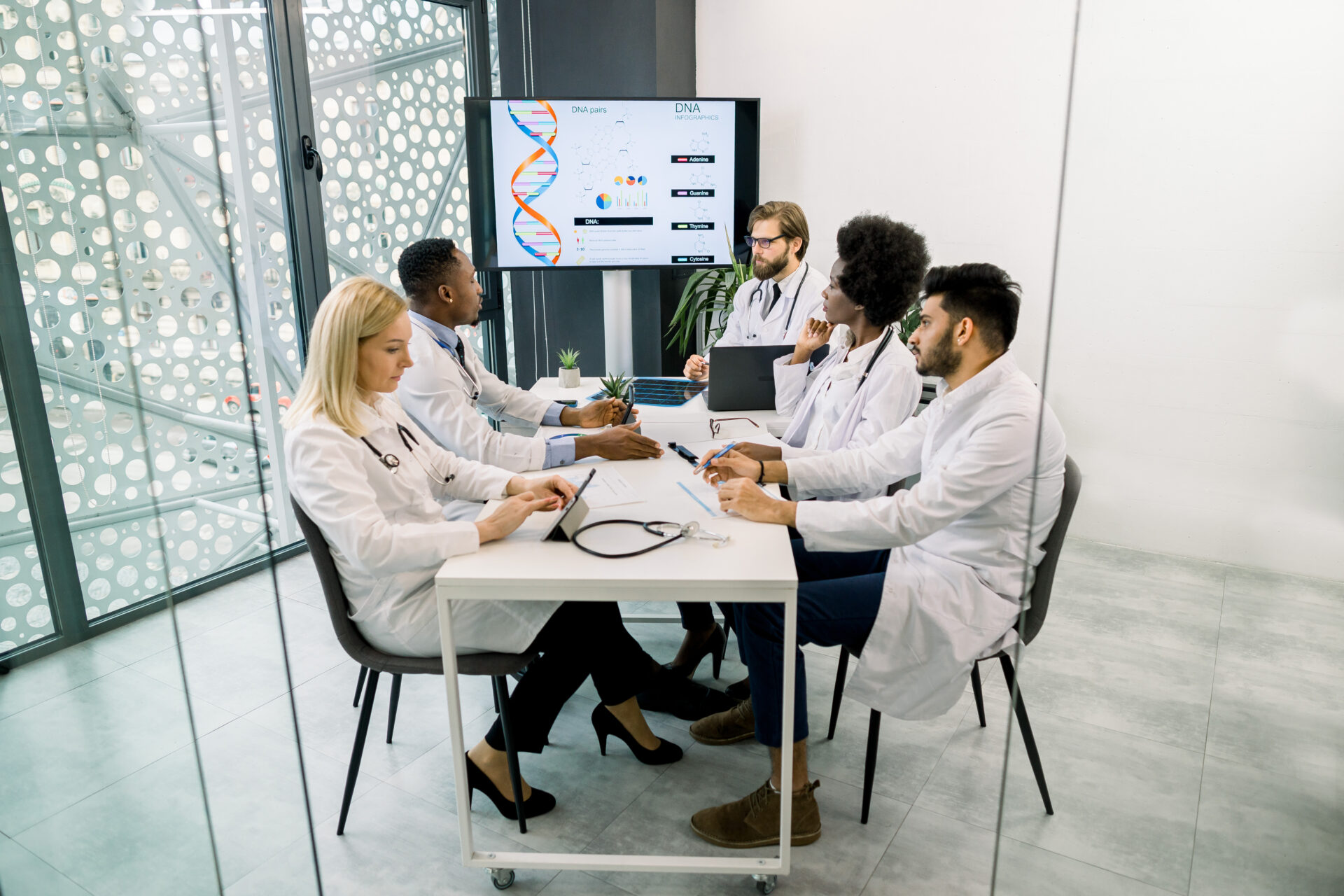
Key Differences
Gene therapy trials have unique characteristics compared to traditional drug trials:
- Specificity: Ensuring each gene reaches the right cells and functions properly is crucial to success. It’s like navigating a complex maze to hit the exact target.
- Long-Term Effects: Because gene therapy involves altering genes, it’s important to monitor patients closely over time to understand any potential long-lasting effects.
- Hope for Rare Diseases: Many gene therapies focus on rare diseases like genetic cardiomyopathy, where standard treatments often fall short. By addressing the mutated gene directly, gene therapy offers hope for rare disease communities.
Remember: While still in its early stages, gene therapy holds immense potential for cardiomyopathy patients. By understanding the testing process and its unique features, people can approach potential involvement in clinical trials with informed hope and empowered decision-making.
Sources
- https://www.fda.gov/drugs/development-approval-process-drugs
- https://www.fda.gov/patients/clinical-trials-what-patients-need-know/basics-about-clinical-trials
- https://www.fda.gov/patients/drug-development-process/step-3-clinical-research
- https://patienteducation.asgct.org/clinical-trials
- https://patienteducation.asgct.org/gene-therapy-101/clinical-trials-process
- https://www.nih.gov/health-information/nih-clinical-research-trials-you/basics
Considerations: What You Need to Know
Deciding to be in a clinical trial for a new treatment is a big decision. It’s important to learn as much as you can before deciding to participate in a trial. Below are some key things to consider.
Safety and Ethical Oversight
Your well-being is most important throughout the clinical trial process, and several well-developed safeguards are in place to help ensure your safety:
- Independent Review:
- In the United States, Institutional Review Boards (IRBs) are independent committees responsible for reviewing and approving research involving volunteers. IRBs consider factors like informed consent, participant risks and benefits, and data privacy. The IRB closely examines research plans to be certain they are following strict ethical standards and prioritizing participant health and safety.1
- Much like the IRB in the United States, in Europe, the Ethics Committee (EC), protects the rights and well-being of research participants. In other parts of the world, the review board may have another name.
- Data Monitoring: In some trials, Data Safety Monitoring Boards (DSMBs) are established. These independent groups of experts typically include statisticians, clinicians, and ethics experts. Their role is to conduct an ongoing assessment of the data collected throughout the trial to ensure safety and identify any unexpected risks or issues with the treatment.2
Additional Considerations
It is important to also understand additional aspects of the clinical trial process before participating in one:
- Screening Visit and Initial Testing: Screening visit(s) are required to understand a patient’s baseline health and suitability for the study.
- Lifestyle Impact: A study will likely involve a significant commitment of time which may require extensive travel/being away from home and work, and could disrupt access to the participant’s support network.
- Hospitalization: Unlike many medications you take at home, gene therapy is usually given in a hospital setting. Therefore, as a participant in a gene therapy clinical trial, you may be hospitalized for some part of the gene therapy treatment. This allows close monitoring by medical professionals in case there are any side effects. The amount of time a participant may spend in the hospital depends on the specific treatment. Hospitalization might involve pre-treatment prep, the actual gene therapy administration, and then close observation afterward.
- Medication: When participating in a gene therapy trial, you may need to stop or adjust your regular medications. Safety and accurate results are top priorities in these trials. So, the doctors will closely monitor your medications and make sure they don’t interfere with the gene therapy. Participants may also receive additional treatment(s) before receiving the gene therapy to help prepare the body for a positive outcome.
- Extended Follow-Up: As outlined by the FDA, participants will need to undergo long-term follow-up as researchers continue to assess the treatment’s long-term effects and confirm its continued safety and effectiveness. This follow-up might involve regular check-ups, surveys, or specific tests, depending on the clinical trial study design.3 Your coordinating trial physician will provide additional details regarding the extended follow-up required.

Knowing these key points of consideration will empower you to participate in a clinical trial with more confidence and clarity. Learn more here: https://patienteducation.asgct.org/gene-therapy-101/patient-journey/considering-a-clinical-trial.
Remember, at any point during the trial, you can always ask the research team if you have any questions or concerns related to the topics above.
Sources
- U.S. Food and Drug Administration. Institutional Review Boards Frequently Asked Questions https://www.fda.gov/regulatory-information/search-fda-guidance-documents/institutional-review-boards-frequently-asked-questions
- U.S. Food and Drug Administration. Use of Data Monitoring Committees in Clinical Trials. February 2024. https://www.fda.gov/regulatory-information/search-fda-guidance-documents
- U.S. Food and Drug Administration. Step 3: Clinical Research. Last Updated August 2023. https://www.fda.gov/patients/drug-development-process/step-3-clinical-research
Clinical Trial Listings
To learn about current gene therapy trials for cardiomyopathy, please visit www.clinicaltrials.gov.
There, you will find a search tool that allows you to search current clinical trials available for your condition. (See sample search tool instructions and image below.)
Please follow these instructions to use the search tool:
- In the box labeled “Condition/disease”, simply type in “cardiomyopathy.”
- Alternatively, you can type in “DCM”, “HCM”, or “ARVC”.
- Or, if you know the trial’s “NCT” number, you can enter it and you will be taken directly to that trial page.
- In the box labeled “Other terms” you can also type in a company name if you know of a company doing a clinical trial in your disease area. Or, you can type in the name of a particular study drug, or any other term that will help define your search.
- Location: Initially, we recommend leaving the location field blank.

You may be surprised at the number of clinical trials currently underway for various types of genetic cardiomyopathy. This tool allows you to be more selective in how you search. Please use the filters to narrow search results to those trials that may best suit your particular situation.
Support
Transportation Costs
Coverage for travel costs involved in clinical trials varies depending on the trial and its sponsor. Here’s a breakdown of what to expect:
Travel Reimbursement: Many trials provide reimbursement for travel expenses incurred during study visits, including:
- Mileage for personal vehicles
- Public transportation fares
- Parking fees
- Hotels
- Airfare for long-distance travel (typically for sites over a certain distance, often 200 miles)
- Ride-sharing service vouchers (e.g., Uber or Lyft)
Details to Consider:
- The trial’s informed consent form (ICF) will outline what is covered and the specific reimbursement method (e.g. direct payment, gas card). Some trials may require participants to pay upfront and then seek reimbursement later with receipts.
- Inquire about the trial’s travel cost policy during the initial screening or information session.
Additional Support: Some trials may offer a per diem stipend to cover meals and other expenses during travel for study visits.
Who to Ask: Clarify any questions about transportation costs with the research team conducting the trial for accurate and up-to-date information.
Remember: Transportation should not hinder participation in a clinical trial. If inadequate travel reimbursement poses a challenge, discuss it with the research team. They may offer alternative solutions or connect you with resources to help manage these costs.
Questions to Ask Before Participating
Understanding the Clinical Trial:
- What is the gene therapy being tested and how does it work for my condition?
- Will the effects of the therapy last long term or require multiple treatments?
- What are the study’s main goals and how is effectiveness measured?
- How does this gene therapy compare to other available treatments?
Safety and Risks:
- What are the possible side effects and how are they managed?
- Are there any known side effects specifically associated with this treatment?
- Have there been serious problems reported in previous studies with the particular therapy?
- Is there any safety information available about this drug in humans?
- Note: Please report ANY health issues you experience to the research team.
Eligibility and Logistics:
- Do I meet all the inclusion/exclusion criteria?
- How often are clinic visits, where are they, and how long do they last?
- What tests and procedures are involved, and are any risky?
- How much time will be involved?
Other Considerations:
- Can I leave the study if needed, and what are the consequences if I do?
- Will I need to stop taking my current medications?
- Who covers the costs (treatment, tests, travel)?
- Will there be any out-of-pocket costs associated with this trial?
- What are the potential short-term and long-term benefits?
- What other treatment options are available?
- How does the trial compare to my current treatment in terms of risks and benefits?
- What type of monitoring is involved?
- Who do I contact to report any changes in my health or symptoms I may experience during the course of this trial?
- Who do I contact for general or logistical questions about study participation?
- What are the next steps after the trial ends?
- What are the long-term follow-up requirements?
Remember: Don’t hesitate to ask more questions if you need further clarification about the risks, benefits, and overall process of participating in the gene therapy clinical trial. A complete understanding is crucial before making a decision. Discuss your participation with your primary care doctor and your cardiology team.
Resources
- Genetic Testing & Counseling
- How to Get Genetic Cardiomyopathy Testing: https://geneticcardiomyopathy.org/testing/getting-tested/
- How to Find a Genetic Counselor: https://findageneticcounselor.nsgc.org
- Visit the National Society of Genetic Counseling: https://www.nsgc.org/
- U.S. Food and Drug Administration (FDA):
- Basics About Clinical Trials: https://www.fda.gov/patients/learn-about-drug-and-device-approvals/drug-development-process
- The FDA’s role in gene Therapy: https://www.asgct.org/global/documents/patient-ed-infographics/the-fda-s-role-in-gene-therapy
- Institutional Review Boards (IRBs) Frequently Asked Questions: https://www.fda.gov/regulatory-information/search-fda-guidance-documents/institutional-review-boards-frequently-asked-questions
- Use of Data Monitoring Committees in Clinical Trials (February 2024): https://www.fda.gov/regulatory-information/search-fda-guidance-documents/establishment-and-operation-clinical-trial-data-monitoring-committees
- Clinical Trials – What Patients Need to Know: https://www.fda.gov/patients/clinical-trials-what-patients-need-know/basics-about-clinical-trials
- National Institutes of Health (NIH) – Clinical Research Trials You: https://www.nhlbi.nih.gov/research/clinical-trials/how-studies-work
- American Society of Gene & Cell Therapy (ASGCT)
- Gene Therapy 101: https://patienteducation.asgct.org/clinical-trials
- Understanding a Clinical Trial Listing – For information about how to assess a clinical trial listing, please click here.
- ClinicalTrials.gov: A searchable database of clinical trials worldwide: https://clinicaltrials.gov/ For each trial listed, it will indicate the trial status, such as recruiting, completed, etc.
- NORD (National Organization for Rare Disease) Video: Gene Therapy – Your Questions Answered https://www.youtube.com/watch?v=5ChXI6cSQs0
- ASGCT (American Society of Gene & Cell Therapy) Video: Gene Therapy Basics (2022 Update) https://www.youtube.com/watch?v=kAtd9X29SdQ
- Speak Out But Speak Smart: Important message about trial participation and what to share with others when participating in a trial: https://0393122.netsolhost.com/primer/index.php
- What Information to Share with Family Members: https://www.antidote.me/blog/how-to-talk-to-your-family-about-taking-part-in-research-studies
Where can I find more information about gene therapy?
These organizations can provide educational information about gene therapy:
- American Society of Gene & Cell Therapy (ASGCT): www.asgct.org
- HealingGenes: www.healinggenes.org
- MedlinePlus Genetics: www.medlineplus.gov/genetics
- National Human Genome Research Institute: www.genome.gov
- Global Genes: www.globalgenes.org
- National Organization for Rare Disorders (NORD): www.rarediseases.org
Gene Therapy Resources
Learning about Gene Therapy:
- American Society of Gene & Cell Therapy (ASGCT):https://www.asgct.org/
- Gene Therapy 101: https://patienteducation.asgct.org/gene-therapy-101
- ASGCT Video: Gene Therapy Basics https://www.youtube.com/watch?v=kAtd9X29SdQ
- MedlinePlus Genetics: https://medlineplus.gov/genetics/
- National Human Genome Research Institute: https://www.genome.gov/
- Global Genes: https://globalgenes.org/
- National Organization for Rare Disorders (NORD):https://rarediseases.org/
- NORD Video: Gene Therapy – Your Questions Answered https://www.youtube.com/watch?v=5ChXI6cSQs0
Understanding Clinical Trials
- U.S. Food and Drug Administration (FDA): https://www.fda.gov/ The FDA provides resources for patients and healthcare professionals interested in learning more about clinical trials, including:
- Clinical Trials – What Patients Need to Know: https://www.fda.gov/patients/clinical-trials-what-patients-need-know/basics-about-clinical-trials
- Institutional Review Boards (IRBs) Frequently Asked Questions: https://www.fda.gov/regulatory-information/search-fda-guidance-documents/institutional-review-boards-frequently-asked-questions
- Use of Data Monitoring Committees in Clinical Trials (February 2024): https://www.fda.gov/regulatory-information/search-fda-guidance-documents/establishment-and-operation-clinical-trial-data-monitoring-committees
- National Institutes of Health (NIH): https://www.nih.gov/
- American Society of Gene & Cell Therapy (ASGCT):https://www.asgct.org/
- Gene Therapy 101: https://patienteducation.asgct.org/gene-therapy-101
- Understanding a Clinical Trial Listing: For information about how to assess a clinical trial listing, please click here. This list will indicate the trial status – which trials are still active, which have been completed, etc.
- The FDA’s role in gene Therapy: https://www.asgct.org/https://www.asgct.org/global/documents/patient-ed-infographics/the-fda-s-role-in-gene-therapy
Finding Clinical Trials
- ClinicalTrials.gov: https://clinicaltrials.gov/
- Clinical Research Trials: https://www.nhlbi.nih.gov/research/clinical-trials
Additional Resources
- What information can I share with others when participating in a clinical trial?: https://0393122.netsolhost.com/primer/index.php
Patient Support Organizations
Note: The following websites are provided as educational resources only. Inclusion on this list does not constitute endorsement by GCAC, nor does it imply a complete review of all information contained on these sites.



